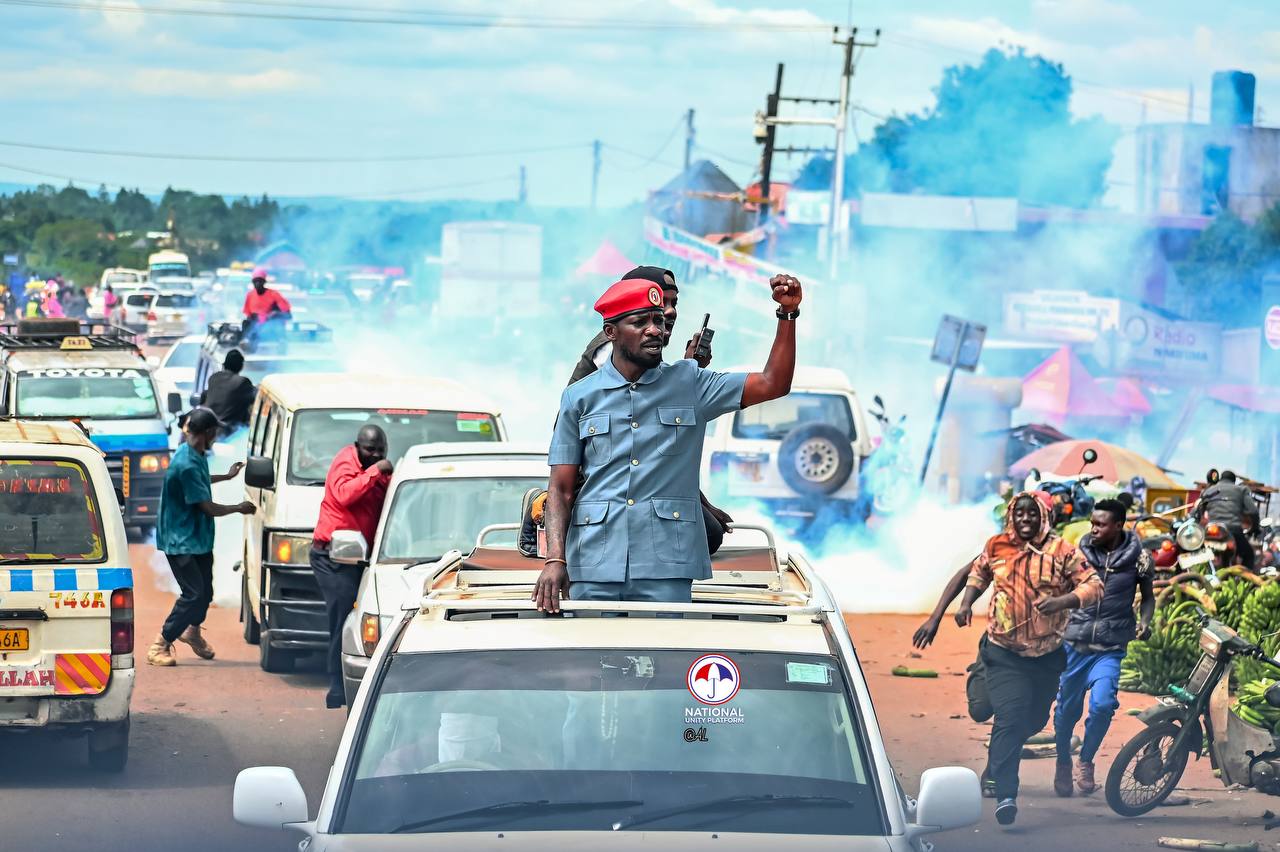
The National Unity Platform has raised objections to several police-imposed restrictions that the party views as unfairly hindering its political activities. The dispute centers around police guidelines that limit NUP’s ability to hold rallies and processions, which the party argues are legally permitted and essential for its political engagement.
The police directive requires NUP to meet several conditions to conduct their events. These include providing proof of permission from venue owners, detailing public safety and health measures, coordinating with territorial police commanders (RPCs and DPCs) and District Security Committees (DSCs), and ensuring security arrangements are harmonized to maintain public order and tranquility.

Additionally, NUP is prohibited from holding rallies and processions, being restricted to town hall meetings in enclosed venues.
In response to the police letter, NUP Secretary General David Lewis Rubongoya expressed the party's stance. While acknowledging the necessity of notifying the police about event venues, programs, and times, as well as providing evidence of venue permissions and liaising with security officials, Rubongoya firmly rejected the restrictions on rallies and processions.
“We, however, do not agree with these two guidelines: do not hold rallies and processions. Only hold town hall meetings in enclosed venues. Rallies and processions are permitted by law, and indeed, other political actors continue to hold them without being blocked. We strongly disagree with the double standard. We are ready and willing to have our rallies and processions regulated, but not blocked,” Rubongoya stated.
Rubongoya highlighted the inconsistency in the application of these rules, pointing out that other political actors conduct rallies and processions without facing similar restrictions.
He emphasized that NUP is prepared to adhere to regulations ensuring safety and order during their events but rejects outright prohibitions that appear selectively enforced.

The NUP Secretary General also opposed the guideline requiring the party to specify the number of guests at their events. He argued that such a requirement is impractical and unnecessary, especially given the unpredictable nature of political gatherings and the dynamic political landscape.
NUP's objections come amidst a broader context of political tension and a perceived crackdown on opposition activities in Uganda.
The party president Robert Kyagulanyi, popularly known as Bobi Wine, has frequently accused the government and security agencies of unfair treatment and suppression of its activities. These latest restrictions are seen by many within the party as part of a continuing effort to stifle its political momentum.The police, however, maintain that these measures are necessary to ensure public safety and order.

They argue that political rallies and processions, especially large ones, pose significant security risks that need to be managed carefully. By requiring detailed plans and coordination with security forces, the police aim to prevent incidents of violence and ensure that public health measures, particularly in the context of COVID-19, are upheld.

Despite these justifications, the NUP remains resolute in its position. The party’s leadership insists that the right to hold rallies and processions is fundamental to democratic engagement and political campaigning.
They argue that imposing such restrictions without clear, consistent enforcement across all political actors undermines the democratic process.As the 2026 general elections approach, the dispute between NUP and the police is likely to intensify.

The outcome of this contention will have significant implications for the political landscape in Uganda, influencing how opposition parties can mobilize support and engage with voters.
For now, NUP continues to advocate for a more balanced and fair approach to political activities, urging the authorities to reconsider their stance on rallies and processions.











